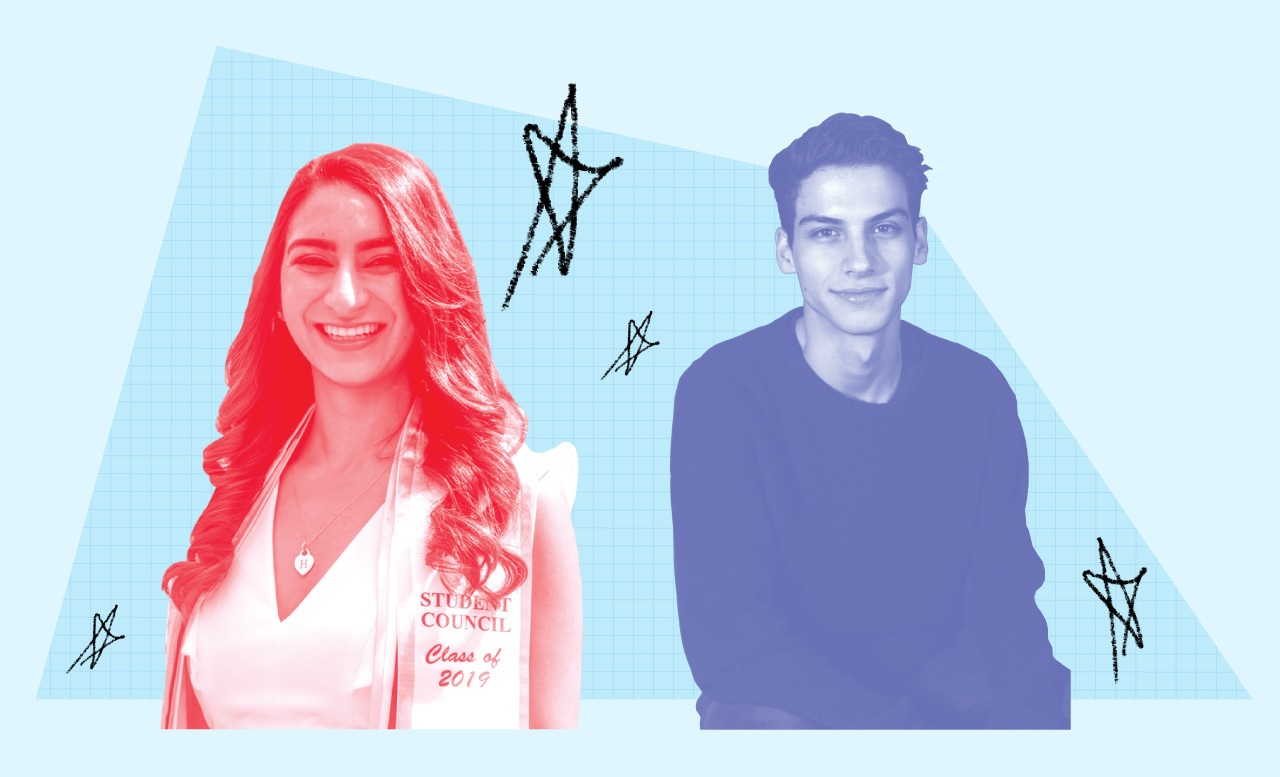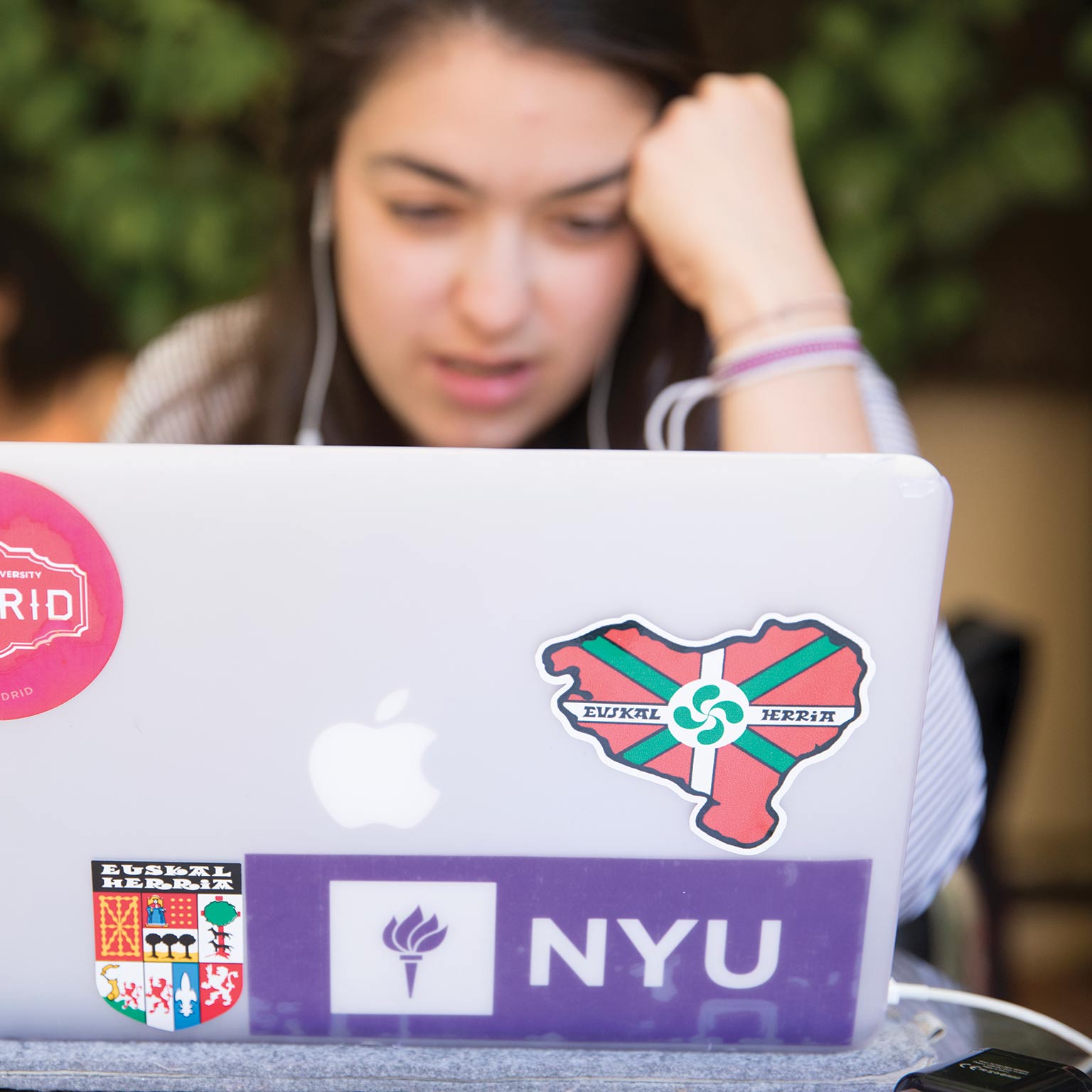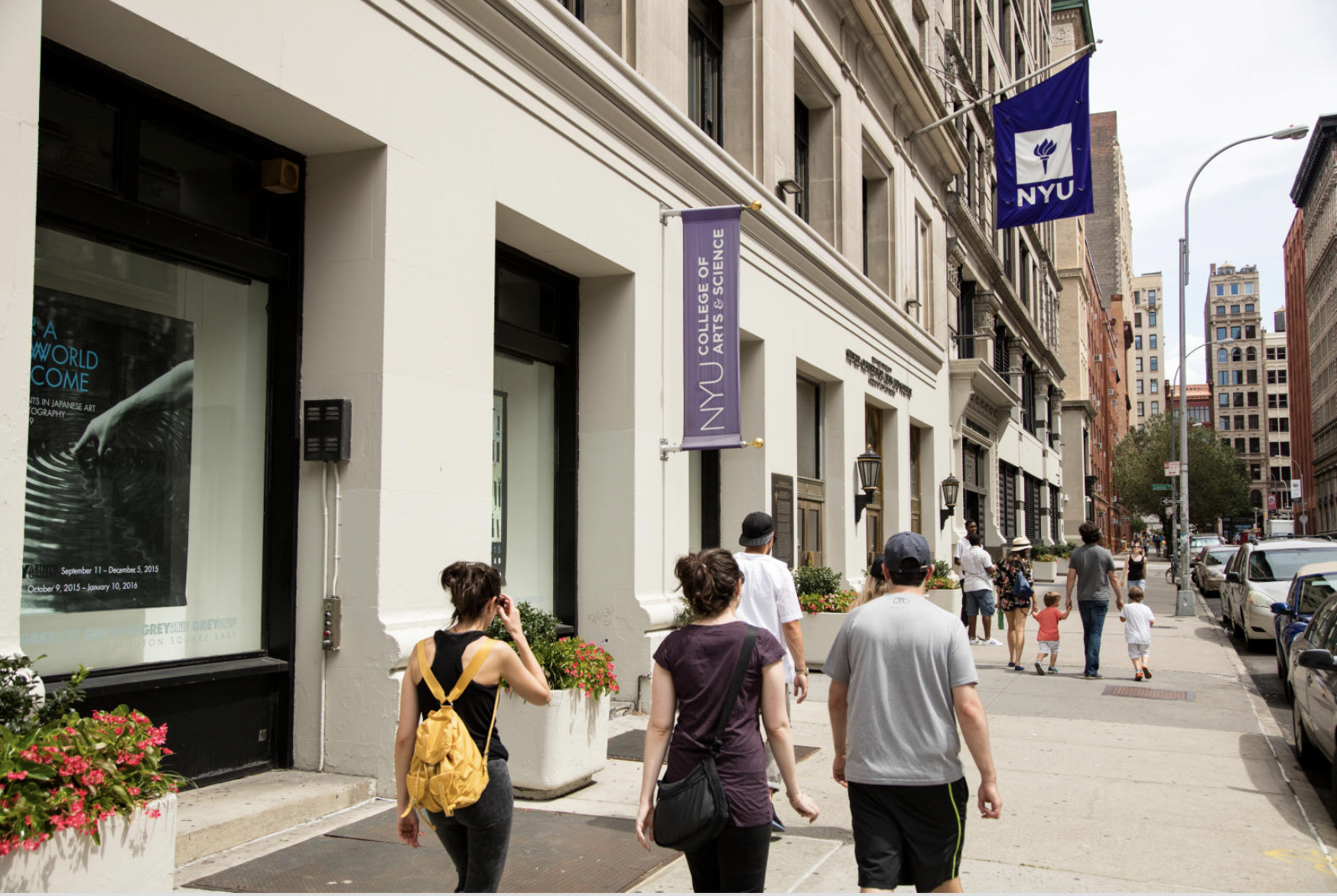Published April 12, 2020
The College of Arts and Science: How Justin Found His Fit
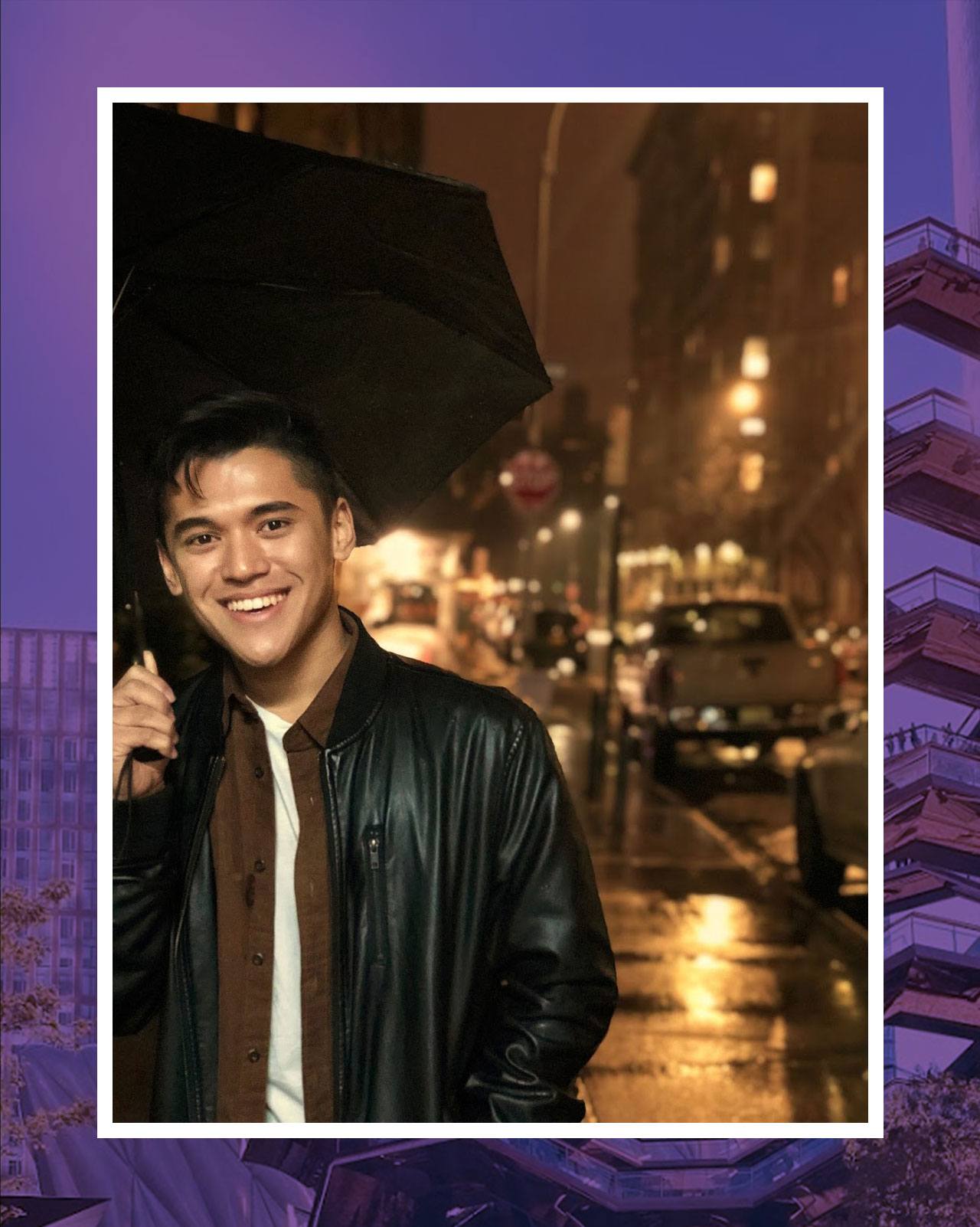
Biochemistry major Justin Gimoto wasn’t totally sure what to expect at NYU. A first-generation student from the small Pacific island of Guam, he was apprehensive about adjusting to life in New York City—and finding his place in the College of Arts and Science (CAS), NYU’s largest school. However, the incredible opportunities he knew he’d find here outweighed his concerns. “I was admittedly nervous it was going to be overwhelming,” he says. “But I knew that NYU would challenge me academically. And I knew it would provide me access to professional opportunities both within the school and across New York City.”
A Supported Transition to College Life
Justin adjusted quickly to life in New York City and at the College of Arts and Science, where he found so much to explore along with a network of support. “The abundance of courses and areas of study helped me develop professionally, intellectually, and culturally. And the wonderful faculty and advisers were always there, happy to guide us toward our goals.” Thanks to the welcoming community he found at CAS, Justin eased into his time at NYU. And because of his positive experience, he wanted to give back to other students who might be struggling with the transition to college.
That is why he became a college leader with the CAS College Cohort Program. Together, first-year students in this program build a small community through collaboration, academic exploration, and service activities. “I wanted to encourage those around me to find their passions and communities, because transitioning to college can be difficult,” he says. “As a first-generation student, I came in without much prior guidance or knowledge about the experience. I wanted to let those around me know that it’s OK to feel that way. Nobody needs to feel isolated in their experiences.”
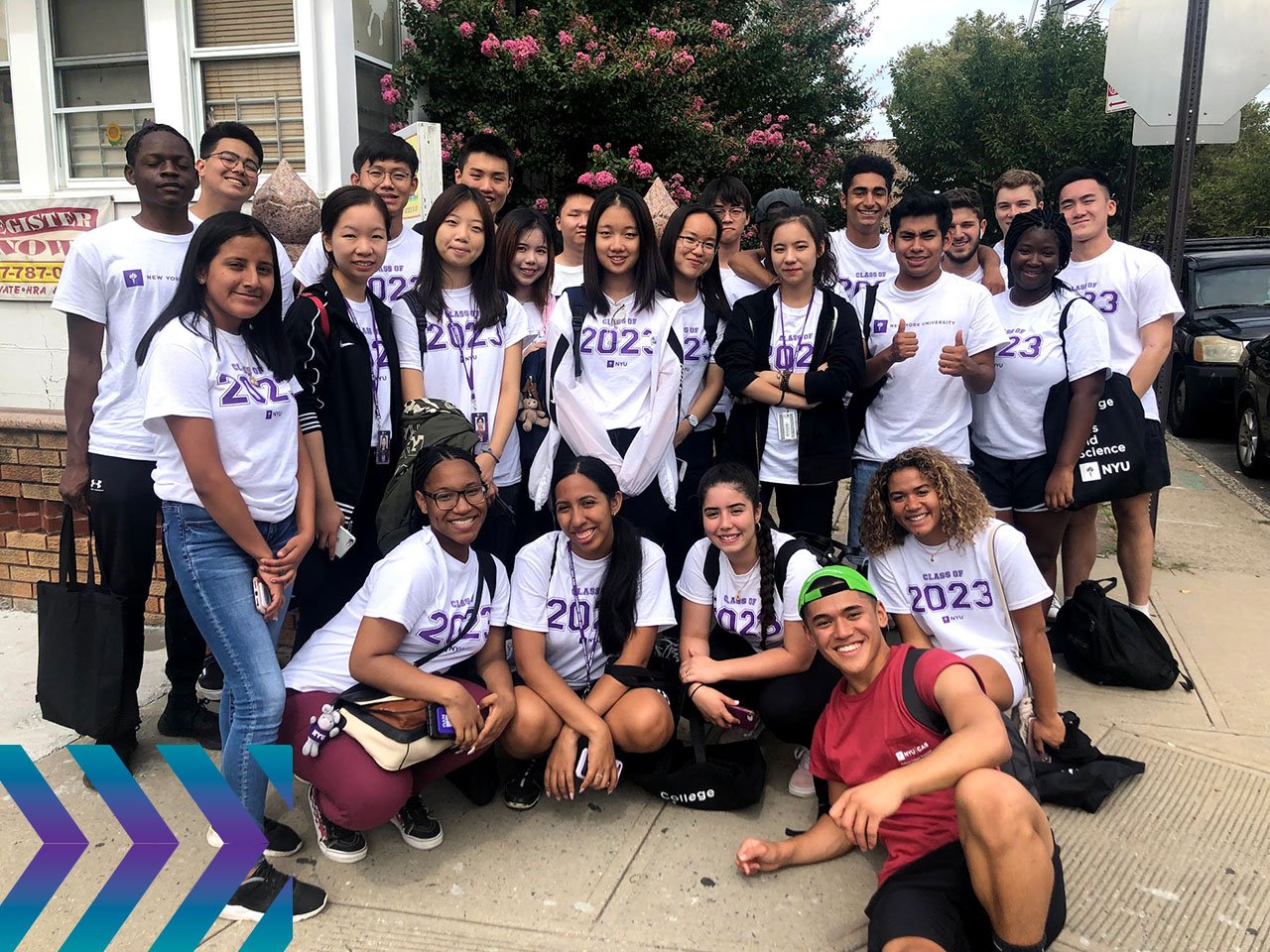
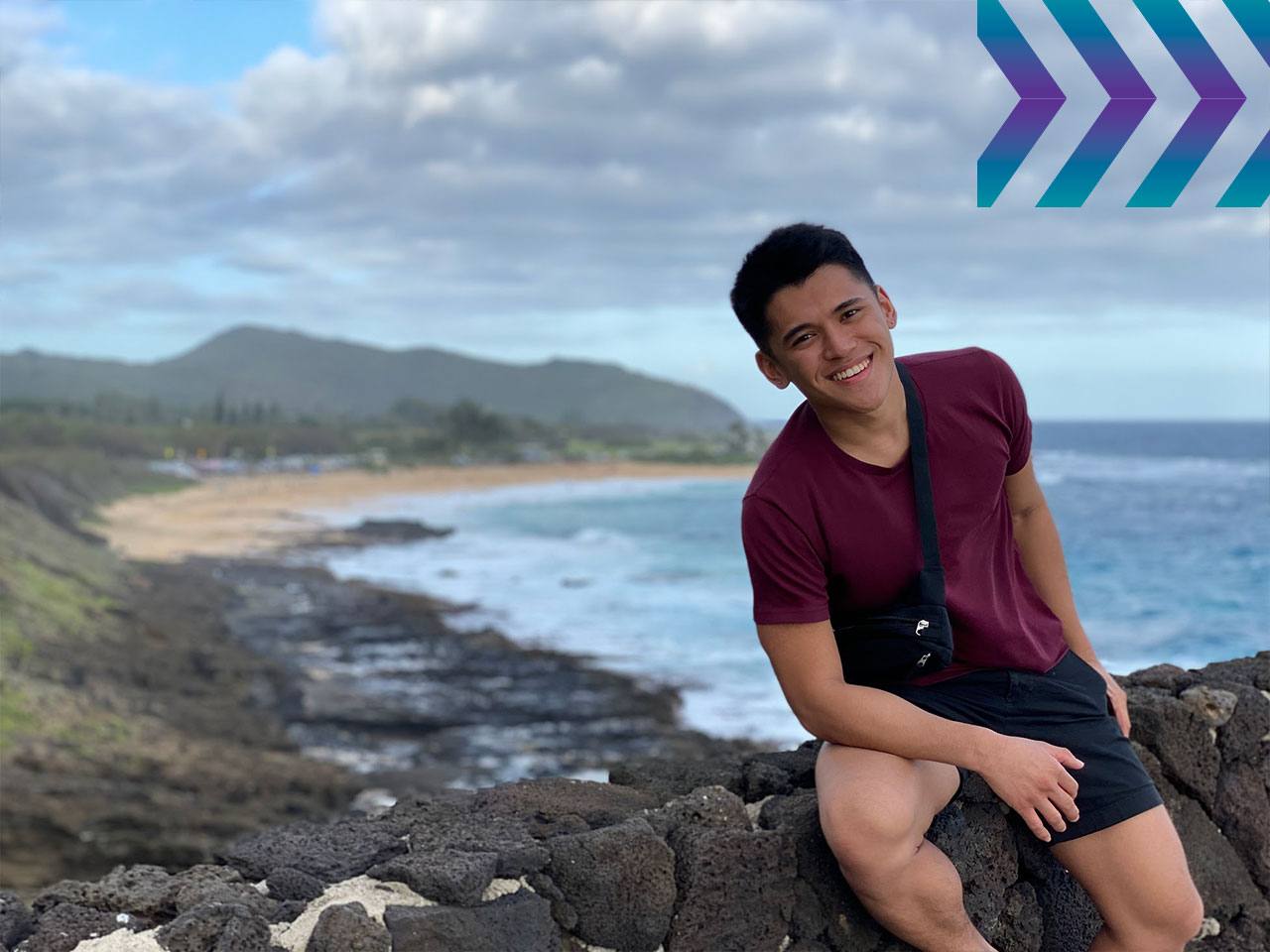
Taking the CAS Experience out into the World
After graduation, Justin will continue to support those around him and build community wherever life takes him. After attending medical school, he plans to go into primary care. Why? Because primary care doctors know their communities and their communities’ specific needs. And, for many people, they are the first and principal point of contact. “I want to work with underserved communities who face so many barriers to health care,” he says. “And I want to work to alleviate some of those barriers.” Whether it’s helping his fellow students adjust to a new life in the city or breaking down barriers for his patients, Justin is devoted to building an inclusive community where everyone can feel at home.

